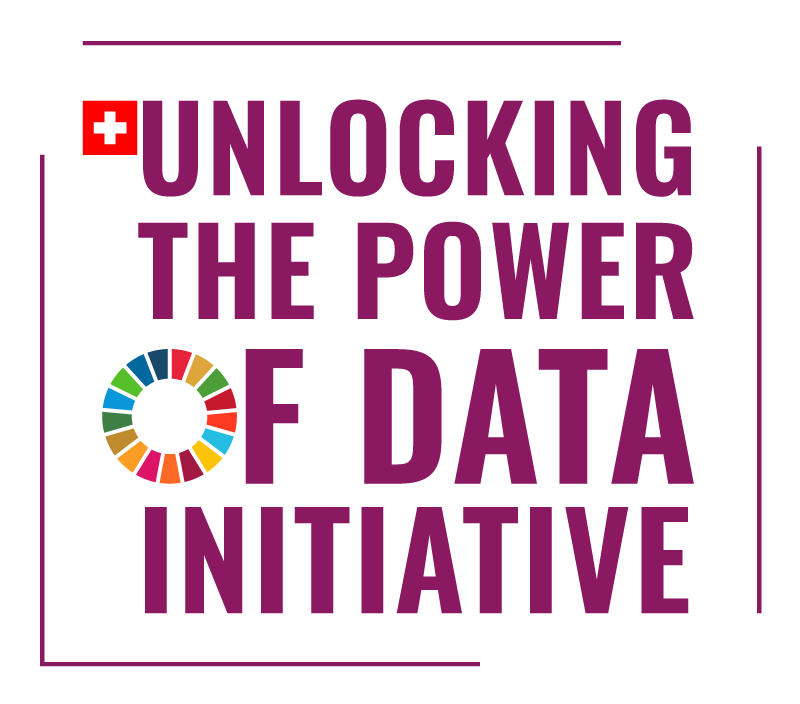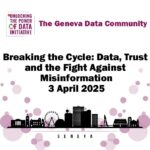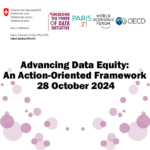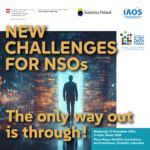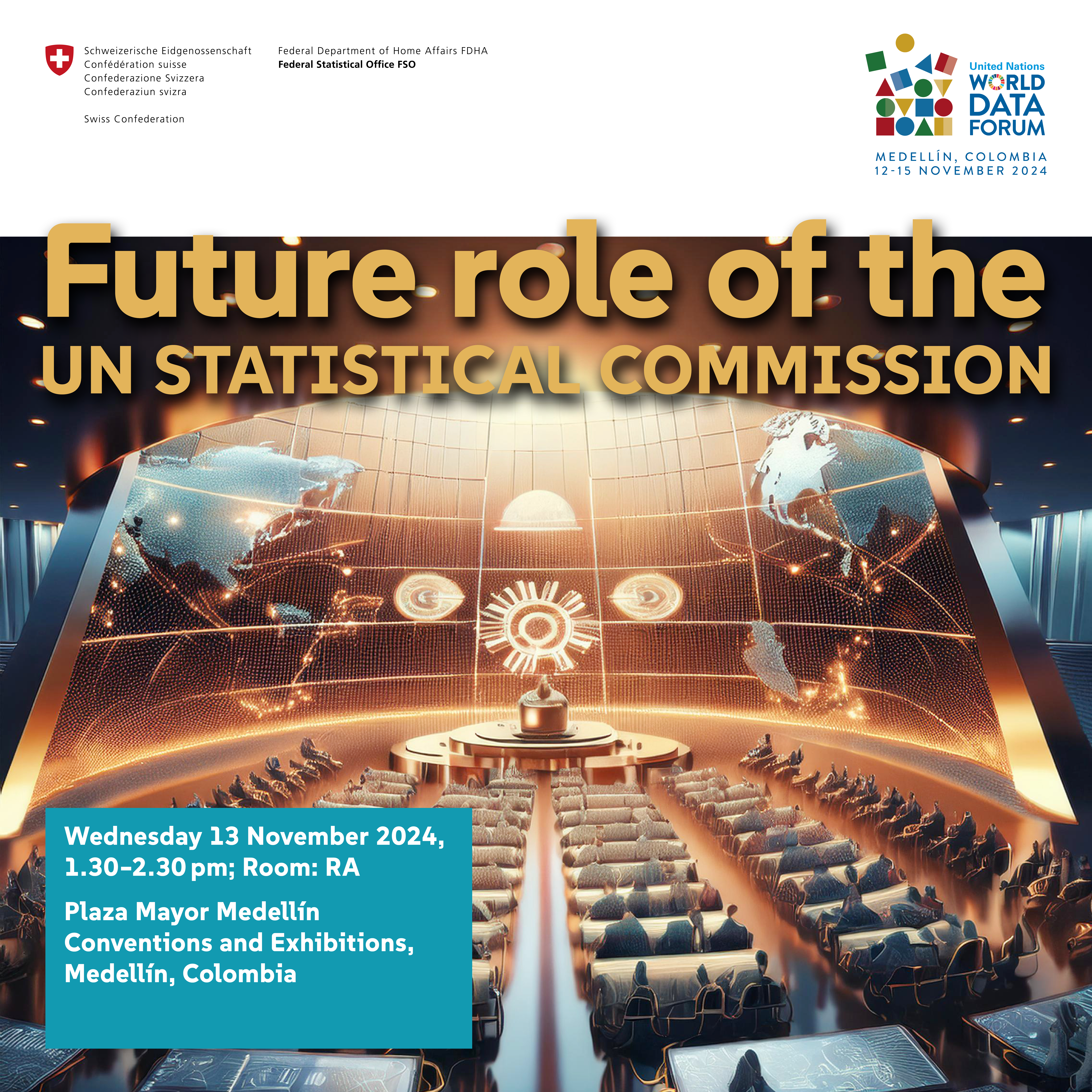Hans Rosling was a self-proclaimed “possibilist”, someone who neither hopes nor fears without reason, and constantly resists the overdramatic worldview. Had he been alive to experience the turbulence of today’s world, beset by conflict, migration, climate change, poverty and COVID, his worldview might have been severely tested.
Hans Rosling used statistics and evidence to ground his thinking. The newly launched Project Rosling embodies this outlook by advancing data ecosystems to provide the information that we need for a fact-based worldview.
We require increasing amounts of data to understand and address the complex problems of modernity. While all the workstreams of Project Rosling will help increase access to better information, the financing data workstream is the one that underscores them all.
High-quality data—whether for health or climate change or literacy or stewardship—are not possible without sustainable and smart financing.
But evidence suggests a daunting and challenging path ahead. Available resources for statistics have not kept pace with demand: Official development assistance to statistics has stagnated at around USD 600 million and has not increased since 2015. Donors are grappling with pressure to divert funds and respond to urgencies brought on by the war in Ukraine and other global crises. And the consequences of the COVID-19 pandemic still reverberate throughout the world, threatening a backtrack of progress on the SDGs.
Yet part of being a “possibilist” is also having the ability to see where there is hope and where further progress is possible. While the road ahead is challenging, it is not impossible.
Funding for statistics is a heightened priority internationally, with the United Nations and World Bank launching new global funds such as the Global Data Facility and the Complex Risk Analytics Fund. Countries such as Sierra Leone and Namibia are ramping up the mobilisation of domestic resources. Both are political signals of the importance of quality investments.
The momentum continues with stakeholders joining up to amplify their calls for not only more financing but smarter financing. The Bern Network, established in 2019 by the Swiss Agency for Development and Cooperation and the Swiss Federal Statistical Office, has been an active force in creating a space for discussion, debate and action.
At the UN World Data Forum in October 2021, the Bern Network launched the Clearinghouse for Financing Development Data. Fast forward a few months and the Clearinghouse now hosts 17 donor profiles—accounting for over USD 550 million of disbursed funds to statistics in 2019, the most recent year data are available. These new profiles, assembled in partnership with the existing OECD’s Data for Development profiles, paint a comprehensive picture of global funding flows to statistics and are a catalyst for improved donor coordination and alignment with country priorities.
In addition to overall funding flows, the Clearinghouse also hosts a specific channel on gender data which provides trends on gender data financing flows, analyses country need by reviewing planned projects and budget allocations, and reviews the capacity of a country’s gender data system.
Hans Rosling once said, “Let the dataset change your mind”. And that is exactly the aim of the Clearinghouse.
Let the information housed on the platform change the minds of donors to better coordinate and collaborate. Let it change the minds of national statistical offices as they plan their national strategies for the development of statistics. And let it change the minds of advocates as they call for closing gender data gaps.
The Project Rosling financing workstream will be an opportunity to discuss the information needs in the financing for development data space and continue to improve the Clearinghouse to best serve those needs.
The year ahead offers ample opportunity to advocate more and smarter financing and to take the necessary actions to create change. While the official launch of Project Rosling is coming soon, this month’s UN High-Level Political Forum is an important occasion to advance this agenda. We will take stock of whether national statistical offices have the resources to execute their mandate and collect data to support the 2030 Agenda and determine how policymakers can better support their work. On the road to the 2023 UN World Data Forum, the UN General Assembly is another moment to ensure financing statistics remains on the global agenda.
As we roll up our sleeves and look for solutions, we must look to data to help ensure that we neither fear nor hope for our collective future without reason.
Deirdre Appel and Johannes Jütting
PARIS21
